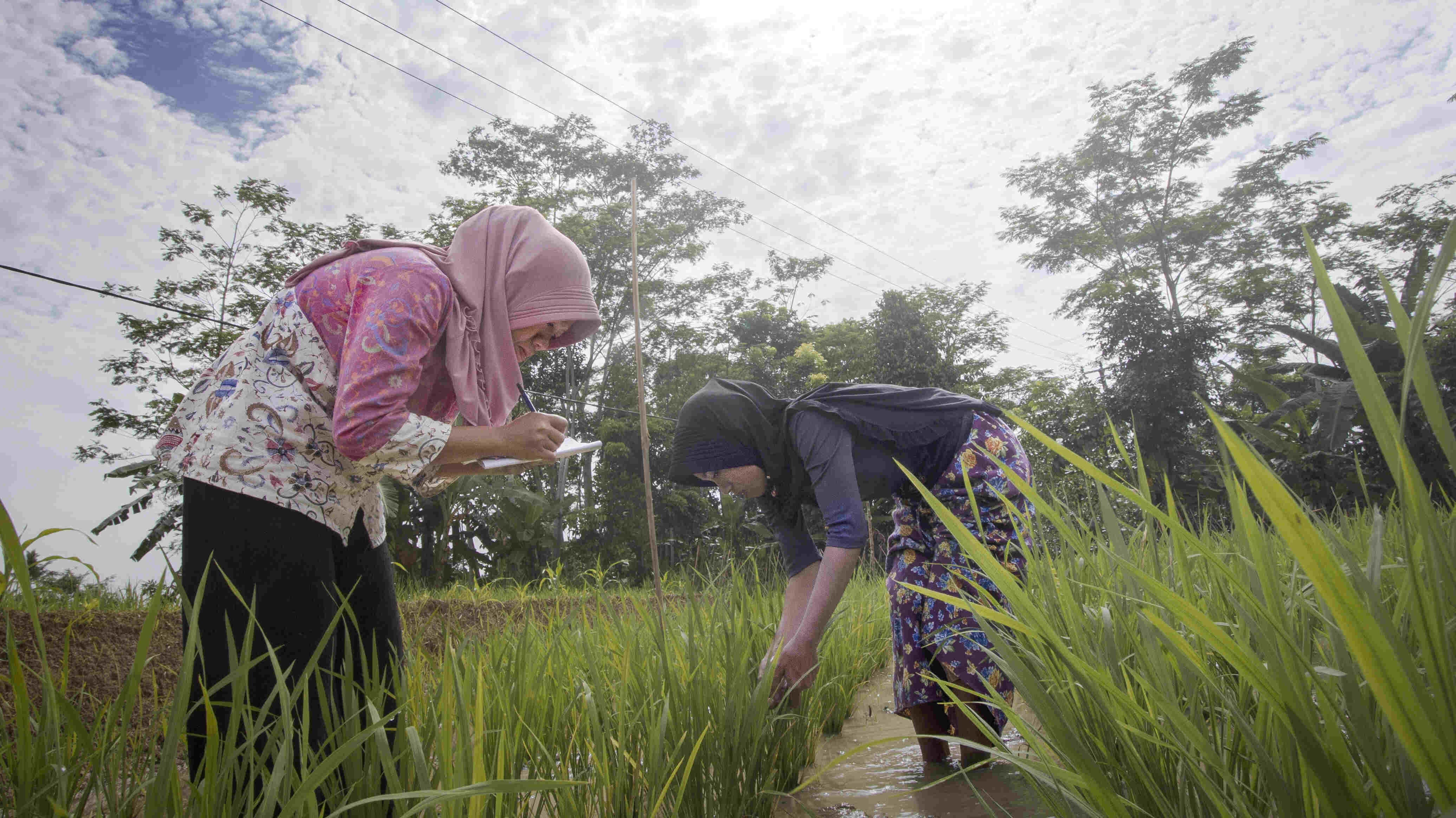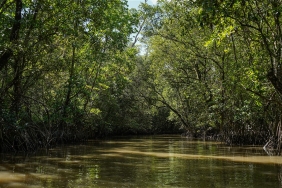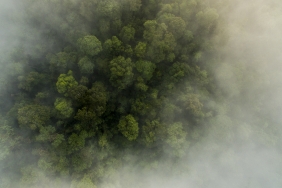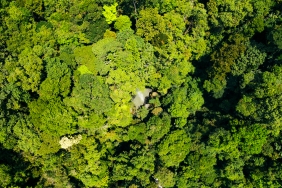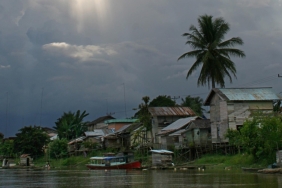CAPACITY BUILDING OF THE END KULON BUFFER VILLAGE COMMUNITY "NGEJO LEWEUNG HEJO COMMUNITY"
Villages located in the buffer zone of Ujung Kulon National Park have a very important role in conservation efforts including the protection of Javan Rhinos living in Ujung Kulon National Park (TNUK).
Communities living around the TNUK area live by utilizing the resources in the forest and its surroundings through farming, hunting, fishing, collecting forest honey, and other livelihood activities. For generations, the villagers have carried out activities that are not ecologically based because the community has not understood what a sustainable living system means.
If this continues, it will have an impact on the balance of the ecosystem in the National Park area. In addition to threatening the ecosystem, without realizing it, activities that are not carried out sustainably and sustainably will threaten their lives as well in the end. The main function of the National Park, including Ujung Kulon National Park, is to maintain the balance and sustainability of the ecosystem in the area including the flora and fauna in the area. The needs of the community must be met but this conservation mandate creates two different interests and creates various problems that require joint solutions. How communities can still gain access to economic benefits while maintaining and caring for both the National Park ecosystem and their village ecosystems.
Together with the 12 buffer village communities of Ujung Kulon National Park and the Ujung Kulon National Park Center, WWF Indonesia-Ujung Kulon Project felt the need for a new approach to conservation. With a system of strengthening the capacity of buffer village communities, community activities that are considered unsustainable have now shifted to ecologically-based activities that are environmentally friendly. Through an adult education approach with field school activities, the communities in the 12 buffer villages of Ujung Kulon National Park now understand the importance of a sustainable system in fulfilling life's needs.
With the spirit of "community ngejo, leweung hejo", the communities in the 12 villages supporting Ujung Kulon National Park are striving together to improve their standard of living through sustainable livelihood systems, while also protecting the Ujung Kulon National Park area. Not by force, but with sincerity and sincerity they jointly protect this last home for Javan rhinos. The community is not the enemy in conservation efforts, but the buffer zone community is the main partner that must be embraced in conservation efforts. Making them the subject or actor of conservation while still considering the welfare of the community is the right step. The slogan "masyarakat ngejo leweung hejo", empowered community, sustainable forest.

